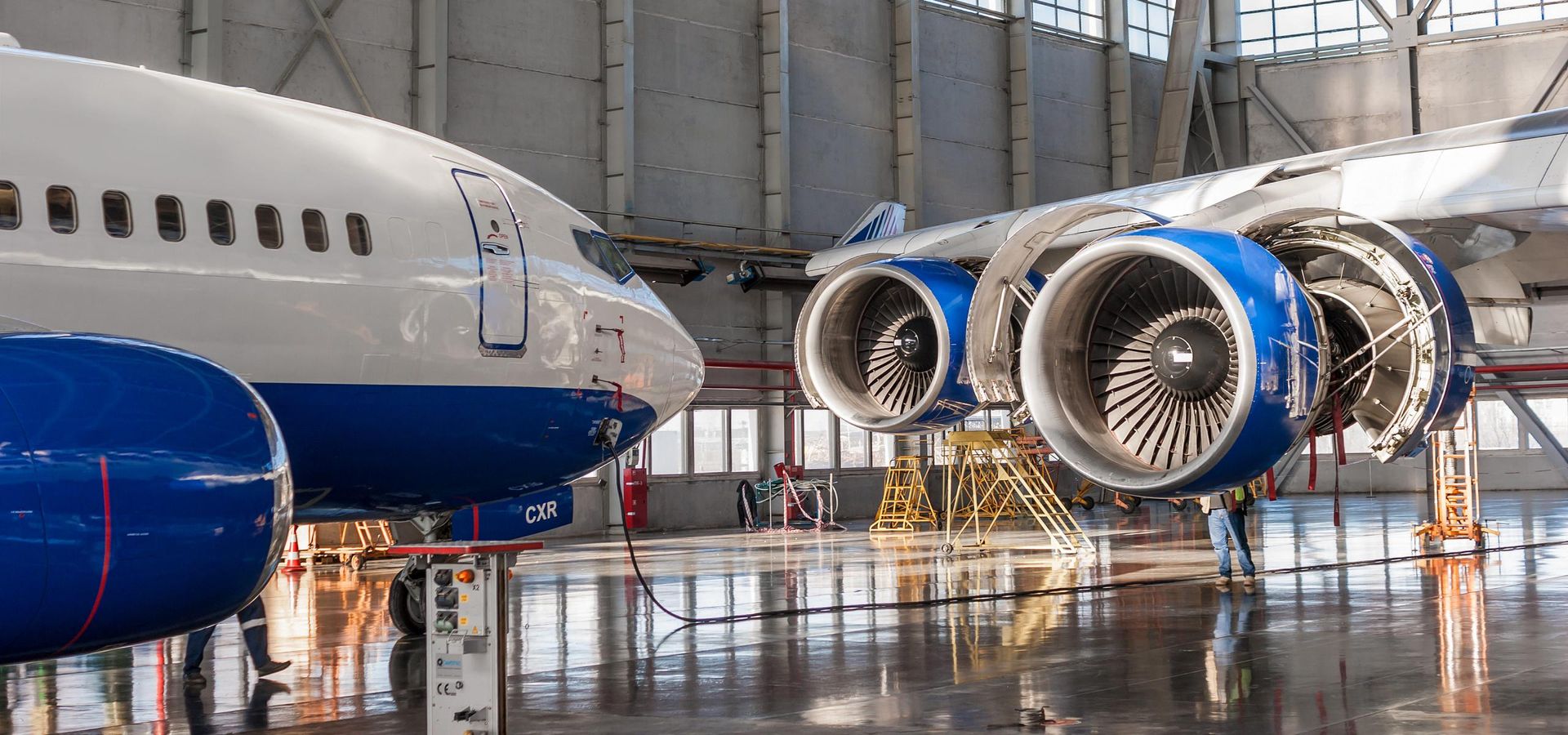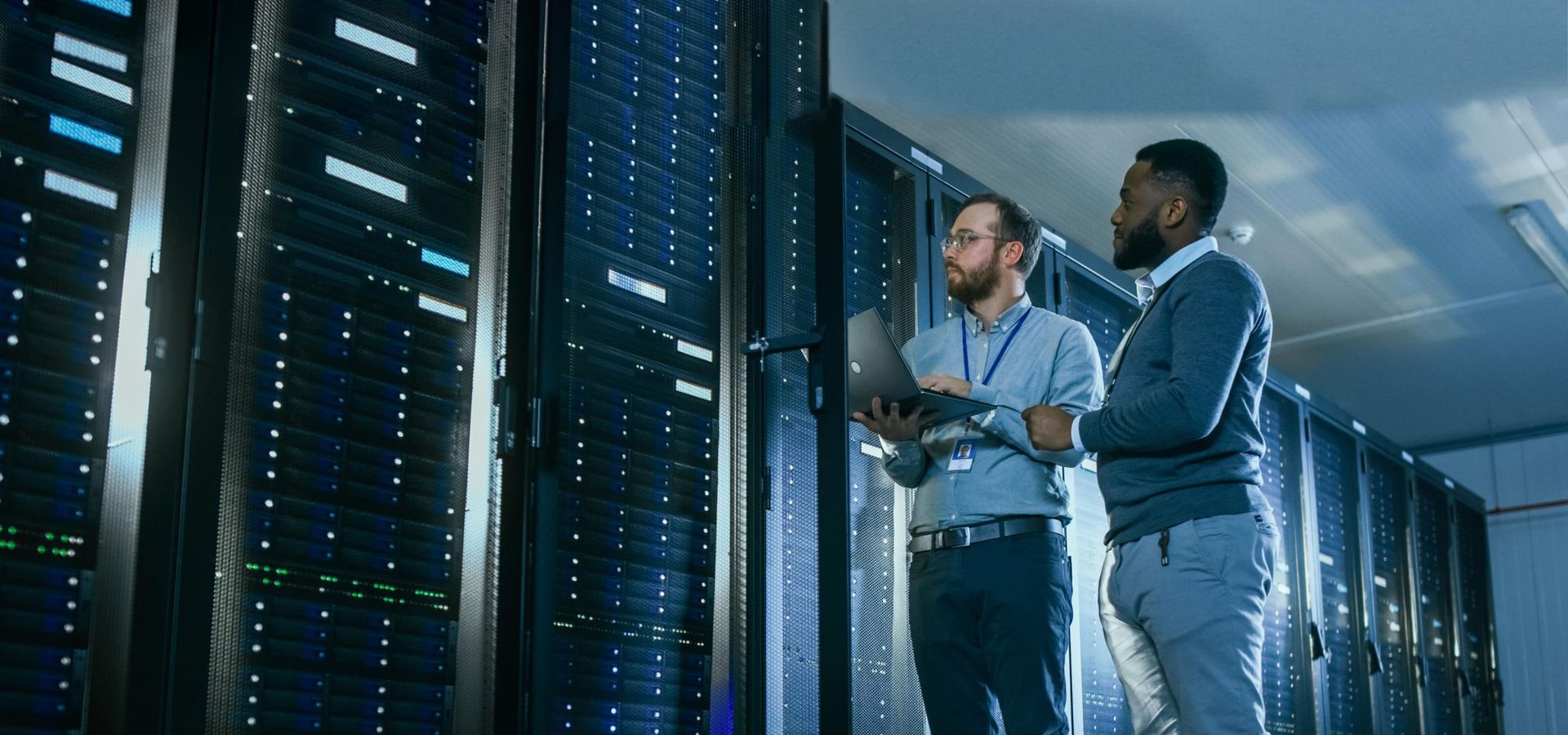
ERP system maintenance for LISI Aerospace
Itransition performed ERP system maintenance, improving the system's performance and optimizing its support costs.
Problem
Striving to improve operational efficiency of the company’s distributed divisions, LISI Aerospace implemented a comprehensive Infor M3 ERP system several years ago. Later on, the core ERP solution was complemented with a number of custom bolt-on modules.
The system post-implementation stage revealed numerous maintenance issues triggered by a geographically distributed environment the aerospace ERP software was implemented in. Homegrown modules with code inefficiencies added to system complexity. LISI Aerospace was forced to resort to technical support services frequently, while system ineffectiveness was aggravated by constrained IT support resources.
System Productivity Rescue
Struggling to achieve the cost-effectiveness implied by ERP system implementation, LISI Aerospace switched from their previous India-based vendor to Itransition as their ERP system maintenance partner. The choice for Itransition was determined by our vast expertise in custom software development, system maintenance and extensive geographical coverage. With offices located in North America and Europe, Itransition is enabled to provide on-premise support and facilitate seamless communication between the Client’s divisions scattered across two continents.
To optimize system productivity, Itransition's team was to provide ERP consulting with the following objectives:
- to examine the ERP solution to find out how business needs are mapped to ERP modules and how the functionality is implemented;
- to identify software pitfalls entailing involvement of the technical support team and eliminate them;
- to enhance system maintenance and extensibility through code optimization;
- to carry on further system support, maintenance, and development.
Solution
The M3 bolt-on modules under maintenance are currently used by hundreds of LISI Aerospace employees. They cover all the company’s manufacturing processes:
Shop Floor System
The Shop floor system is installed on user workstations. It is responsible for:
- taking control over the manufacturing processes;
- displaying lists of tasks;
- gathering information (lists of activities/current activity/workstations assigned to each activity/workstation adjustment time/operation duration/interruptions in the workflow, etc.) throughout the whole manufacturing lifecycle;
- weighing ready-made parts.
Packing System
The Packing system is launched at user workstations. It is responsible for:
- packaging manufactured components;
- indicating container type;
- weighing filled containers;
- printing labels with bar codes;
- scanning barcodes.
Allocation System
The Allocation system is a web application providing access to inventory control features. It allows for viewing the current location of the ready-made parts, assigning locations, relocation, etc.
Receiving System
The Receiving system is a web application used for receiving and registering the items delivered.
Print Service
The Print service is an auxiliary web application enabling to print documentation based on Crystal Reports templates using Crystal Reports API.
Shipping System
The shipping system is a web application enabling to perform finalizing operations, such as:
- quality control;
- selection of delivery service type;
- printing accompanying documentation;
- deregistration;
- report generation, etc.
Process
ERP represents the back-office of a complex software system used by hundreds of LISI Aerospace employees. The core Infor M3 system automates such critical business processes as manufacturing operations, financial management, supply chain management, enterprise asset management, etc., while custom bolt-on modules reconcile functionality gaps.
Identifying Ways Of System Optimization
Our primary task was to reliably enhance the code quality of bolt-on modules so that LISI Aerospace could decrease the system maintenance effort and cut its TCO in the long run.
To determine the approach to ERP system maintenance and to resolve extensibility issues resolution, Itransition specialists carried out a detailed examination of the Client’s ERP system. The major challenges were posed by:
- remote systems acting like “black boxes”, thus, hindering detection of where failures originated from (whether it is the external system, the application itself or a delivery channel);
- several data sources leading to synchronization errors difficult to detect;
- lack of detailed description of the business processes;
- lack of implementation details provided by the previous software vendor;
- time zone difference holding back smooth knowledge transfer and communication between geographically distributed teams.
Fixing The Legacy Code
Our primary task was to reliably enhance the ERP modules code quality so that LISI Aerospace could decrease system maintenance effort and cut its TCO in the long run.
Alongside with fixing and optimizing the legacy Java code, Itransition developers had to ensure code clarity and maintainability, as well as to secure productivity uplift and efficient runtime of ERP modules. A QA-engineer was involved to ensure that the code behavior was sustained and no bugs crept in when introducing changes to the source code.
Expanding Functionality
The applications under maintenance are integrated with third-party software, e.g. a dispatch control system for calculating optimal packaging parameters according to shipping methods and space availability. The modules interact with external systems using Web services or direct APIs and synchronize the data obtained from different sources.
Itransition was responsible for creating APIs for new features and facilitating integration of bolt-on modules with M3 ERP system and other enterprise applications.
Results
Itransition achieved remarkable results in this ERP system maintenance project, optimizing performance of ERP components and reducing system support costs. Increased Java code flexibility allowed for software functionality enhancement and assured smooth workflow of enterprise in-house high-technology processes as well as those transcending company boundaries.
So far, the Itransition team managed to successfully fit in the specified timeframe. The project still on track, LISI Aerospace is satisfied with the progress that has already been made and is determined to continue partnering with Itransition on further system development.

Services
Software maintenance and support services
Turn to Itransition for full-cycle IT maintenance and support services. Our team will deliver software updates and fixes and help you optimize IT costs.

Case study
Odoo ERP system implementation
Discover how Itransition customized an Odoo ERP system to help the customer automate their business processes and improve service quality.

Case study
Cloud business intelligence system for vehicle manufacturers
Find out how Itransition migrated a BI suite to the cloud and delivered brand-new cloud business intelligence tools for the automotive industry.

Case study
BPM automation for UK care homes
Learn how Itransition delivered a cloud-based healthcare business process management system for a UK care homes operator, driving 2x cost reduction.

Case study
Project rescue for a banking business
Applying best web development practices, Itransition improved the functionality and performance of a European bank’s website.